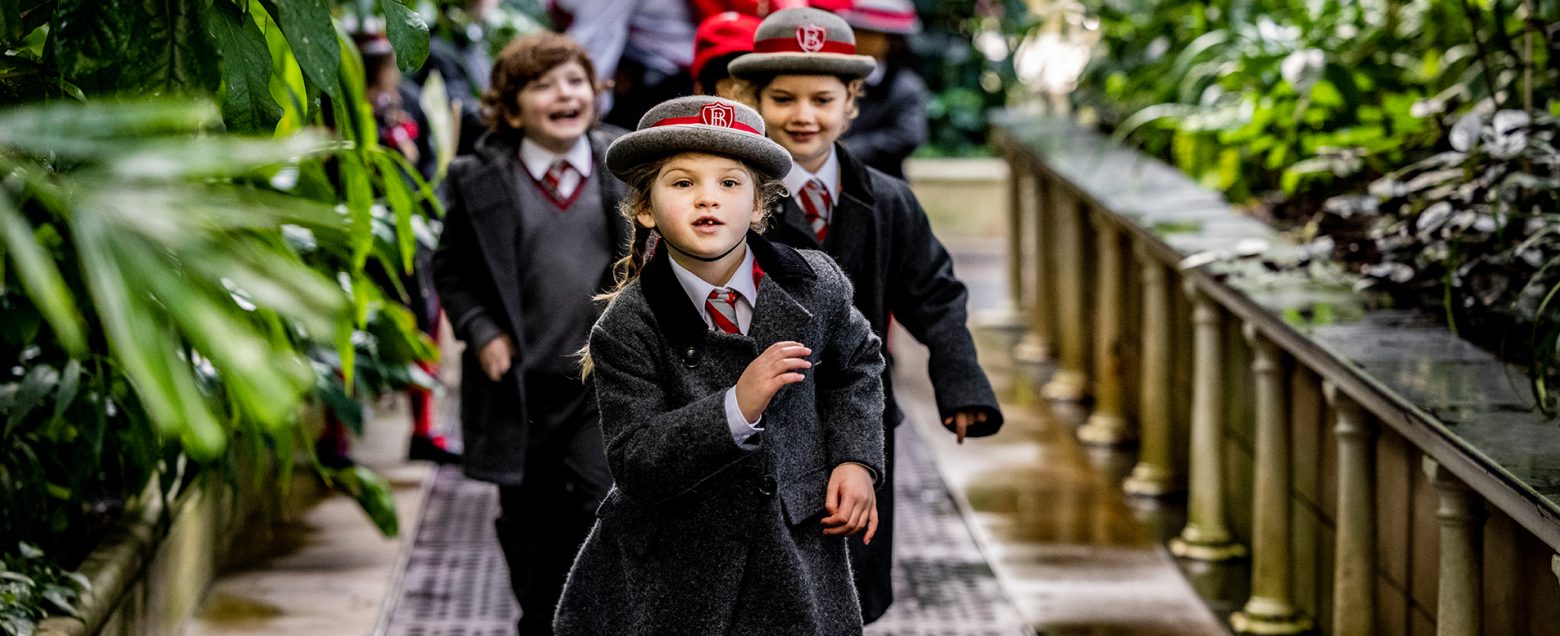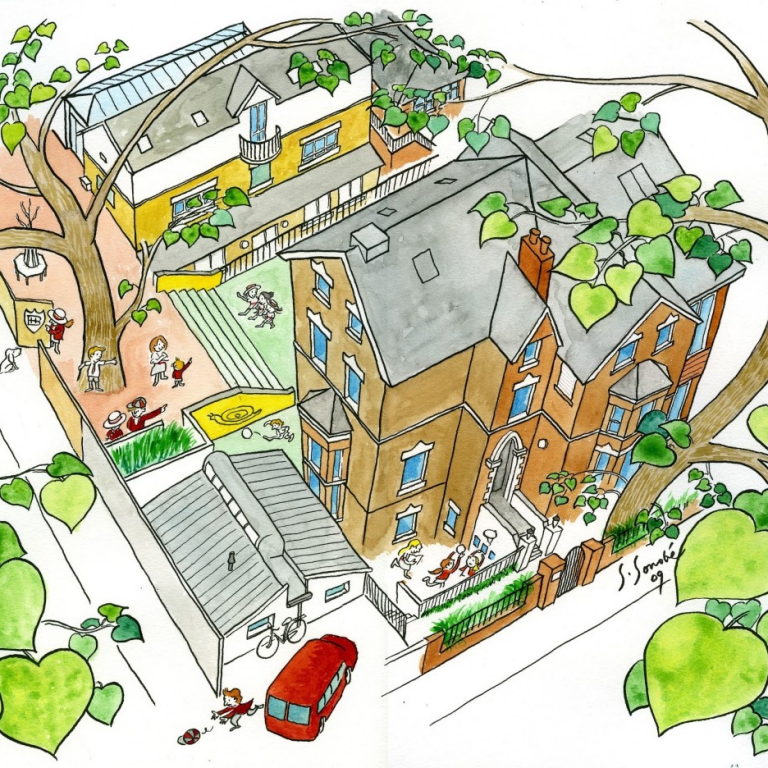I was recently asked to contribute to Insight Magazine, a thought leadership publication on the topic of Philanthropy. I have used a shorter version of this article as my Thoughts from the Study this week.
In my experience, philanthropic thinking is accompanied by a high level of rejection; it demands vulnerability, considerable resilience, and a substantial reserve of positive energy. If one wishes to attract investment, all the aforementioned qualities are requisite, in addition to having a purpose and a compelling narrative. When executed correctly, philanthropic thought leads to the greater good, supporting initiatives and ideas that might otherwise fail to materialise.
My intention here is not to indulge in a self-congratulatory reflection, but rather to serve as a helpful reminder of my experiences in the realm of fundraising. Whilst the physical demands alluded to are not to be understated, they are dwarfed by the challenges of philanthropic fundraising, which represents the ultimate test of resilience.
The challenge
The challenge that became my narrative occurred on 15th June 2019, when I found myself in a team at the starting line of the world’s most difficult cycle race. The Race Across America (RAAM), often dubbed “the Everest of Cycling,” is a continuous, ultra- endurance event that begins in Oceanside, California, and concludes 3,078 miles later in Annapolis, Maryland. Traversing twelve states and encompassing over 190,000 feet of climbing, the race presents a plethora of formidable environments, including the traverse of Death Valley, the hottest place on Earth. We completed it in a little over six days.
The purpose
As we all know, climate change is a colossal issue that affects us all. Conservation efforts are essential to safeguard wildlife and ecosystems for future generations. My goal was to spotlight the ongoing work of the African Wildlife charity, Tusk, thereby raising much-needed funds to support their endeavours. With Prince William as a patron, I was confident that the royal endorsement would ensure the charity’s accountability and effective use of the funds.
Learning from past experiences
I was no stranger to participating in large- scale fundraising ventures or adventures. In 2012, my twin brother completed the Talisker Atlantic Row, spending 51 days at sea with a group of injured servicemen and raising one million pounds for a military charity. The event enjoyed coverage from ITV and benefitted from a substantial logistical and operational support team, highlighting the advantages of being part of a cohesive group.
Heeding advice from peers
In my quest for significant sponsorship, I reached out to several fund-management firms known for supporting similar ventures. With limited experience of persuading people to donate and to refine my pitch, I arranged a call with a world-record-holding cyclist who had recently circumnavigated the globe in 80 days. I anticipated a positive and motivating chat that I was on the right lines. However, the essence of his advice was a reality check: these companies sought substantial national exposure or groundbreaking achievements in exchange for their backing. I was also advised that they do not write cheques for less than six-figures. Despite some interest in my story, my proposals were ultimately met with polite refusal.
The importance of persistence
After countless in-person meetings, phone calls, emails, and letters, and numerous rejections, I finally secured interest from a major American pharmaceutical company. My hopes were reignited, as it appeared my efforts to secure sponsorship for the race and raise funds for the global conservation charity were back on track. My excitement was short-lived, however; a day later, during a seven-hour training ride, I received a call from the company explaining they had to withdraw their sponsorship due to U.S. trading regulations preventing them from funding a British national, even though the event was in America. This setback was truly disheartening, sending me back to square one.
Entrepreneurial thinking
I remained determined to find support for a cause I passionately believed in. With only a few months before the race’s start, I had managed only to secure a sponsor for the bike and equipment, with a modest amount raised for conservation efforts. Many ideas came close to fruition. Realising the race coincided with the presidential election campaigns, I decided to reach out to a Democratic presidential candidate with the proposal of featuring her image on the support vehicles, which would be seen by thousands of potential voters en route. This idea was nearly successful, but timing constraints ultimately thwarted our plans. It was, however, a learning experience and gave me fuel to keep going.
Finding shared vision and purpose
My fortunes (or that of the charity) changed dramatically in a single day, thanks to prior networking and efforts to connect with the right people. A UK-based IT company, with whom I had been in discussions for six months, agreed to become a lower-level sponsor and cover additional race expenses. An American technology firm then reached out after a board member learned of my story through a friend. Lastly, a prominent European city bike manufacturer, seeking to expand its international visibility, offered sponsorship in exchange for my participation in a photoshoot, riding one of their bikes. Naturally, I accepted and within a day, everything fell into place.
Final thoughts
Philanthropy is often associated with the extremely wealthy, deemed best positioned to support large-scale projects. Many independent schools who are charities will have witnessed generous donations at their schools, contributing to buildings or scholarship endowments. Such donations are crucial for sustaining important work. However, through this journey, I have learned that philanthropy is not exclusive to the ultra-wealthy; it is a calling that can unite us in a shared objective. It involves rallying support for initiatives that surpass individual goals, aiming for a collective benefit that can significantly impact the lives of others and the broader world.
Wishing you all the best for the weekend.
Mr Anstey, Headmaster




